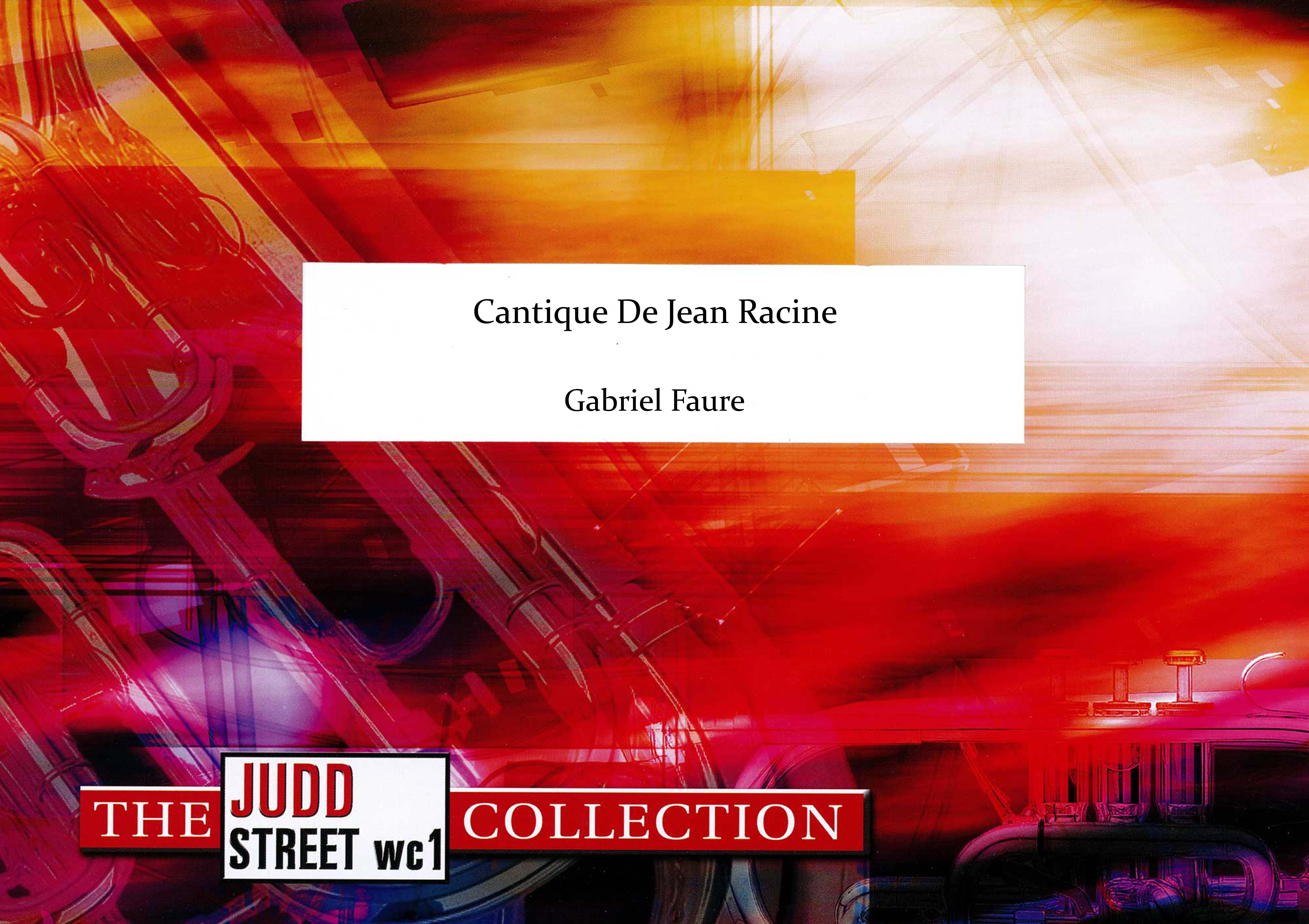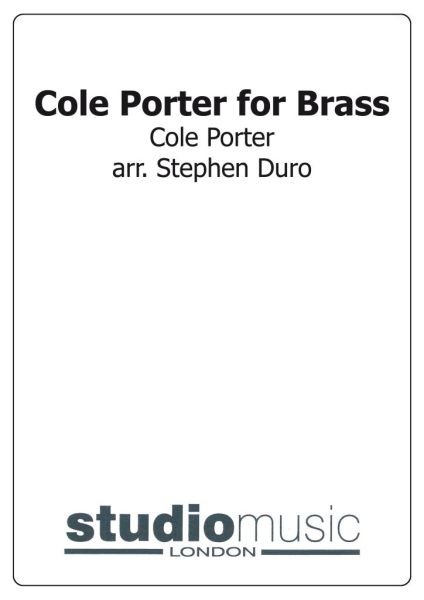We've found 82 matches for your search. Order by
Results
-
 £29.95
£29.95Cantique De Jean Racine (Brass Band - Score and Parts)
This work, originally for mixed chorus, was completed in 1865 when Faure was just nineteen years old and gained him first prize when graduating from Ecole Niedermeyer de Paris. A further version for orchestra (possibly by the composer) appeared in 1906.
Estimated dispatch 7-14 working days
-
 £44.95
£44.95Cole Porter for Brass
Includes: Another Op'nin', Another Show; C'est Magnifique; Wunderbar; I Love Paris; True Love; I Love You, Samantha.
Estimated dispatch 7-14 working days
